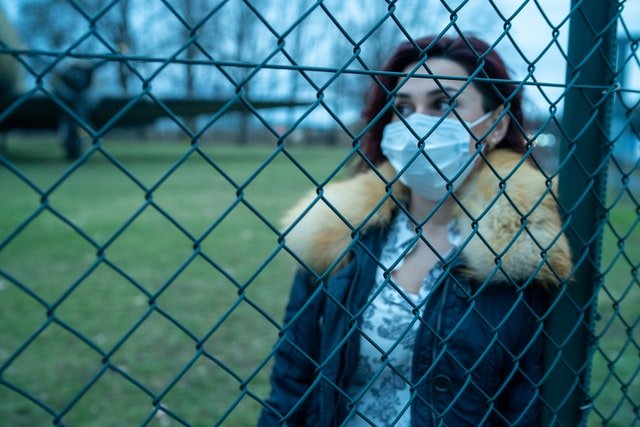To mask or not to mask? Between contradictory headlines, many are confused about whether face masks help reduce the spread of COVID-19.
The United States’ Centers for Disease Control and Prevention is expected to make an announcement about public use of masks. Meanwhile, in New Zealand where community transmission of the coronavirus is still infrequent, are masks likely to be useful?
The SMC asked experts to comment on the evidence for the use of face masks.
Associate Professor Siouxsie Wiles, University of Auckland, comments:
“As with everything, the answer to whether everyone should be wearing masks isn’t clear cut. Studies of influenza showed it doesn’t have any effect, but some studies during the SARS pandemic showed it could do. What is most likely is that wearing a surgical mask won’t do much to prevent someone contracting Covid-19 but may help reduce the amount of virus-laden droplets being spread by someone with the virus. Clearly more good quality research is needed in this area.
“I’ve been reluctant to recommend everyone in New Zealand wear a mask because I’ve worried that people will feel a false sense of security and then not do all the things that will help protect them. A bit like hand sanitiser, I’ve also worried that if everyone buys masks then those who really need them won’t be able to access them any more.
“One of the reasons you’ll see advice about mask wearing changing, is because there are many places where the virus is spreading exponentially, and many people are still going about their business. In this scenario, the more people that wear masks, the more likely they’ll be worn by people who are infected but don’t know it yet. And that should help capture some of virus-laden droplets which should help reduce transmission. There is also something to be said for everyone wearing a mask to reduce stigma about who potentially has the virus.
“So, if people in New Zealand want to wear a mask: please do so if they are widely available and not going to take away from healthcare and other essential workers who need them. Make sure you’ve watched the videos of how to put them on and take them off again without contaminating the mask or yourself. And make sure you still keep up with handwashing and physical distancing.”
No conflict of interest.
Dr Ayesha Verrall, Senior Lecturer, Department of Pathology and Molecular Medicine, University of Otago, Wellington, comments:
“If used properly, a face mask can protect the wearer from infectious droplets contained in the coughs and sneezes of infected people. They are totally ineffective if not worn correctly. So if this is part of the public health response there needs to be education on how to use them.
“Once used, masks are contaminated like a dirty filter. They need to be disposed of considerately and hands washed properly immediately afterwards.
“It would not be appropriate to go out in public when you are ill but wearing a mask. You can still transmit the virus which is on your hands.
“We will face problems with supply of personal protective equipment for several years and will need to use our stock in a considered way, and high risk essential workers should be prioritised. At the moment essential workers, like me, are the biggest vulnerability in our lockdown system because we have to leave our bubbles every day.
“Unlike the USA and Europe, community transmission in NZ is infrequent at the moment, so there will not be much benefit doing it now, but that might change if we have an outbreak.”
No conflict of interest declared.
